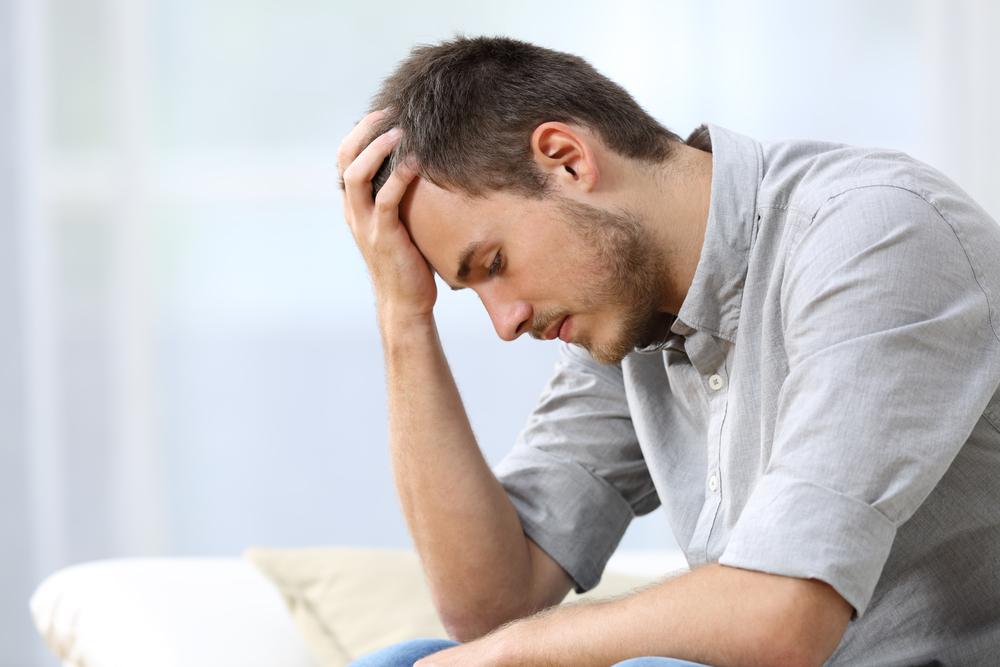Treatment Options And Lifestyle Changes For Anxiety And Panic Recovery
An anxiety disorder can happen to any individual, irrespective of their age. However, it is the intensity of the disorder that determines the type of treatment that might be required by the patient. There are two main types of treatment aligned with an anxiety or panic situation; psychotherapy and medications. Counseling is the primary treatment preferred by most doctors. If a patient is in the initial stage of an anxiety disorder, the doctor may try a few different treatment approaches.

Psychotherapy
Commonly known as talk therapy or counseling sessions, this is the foremost type of treatment. A counseling session, on most occasions, will include the patient trying to talk about activities that make them anxious. The counselor will try to build a comfortable environment for the patient to enable them to talk about their feelings without the fear of judgments. The Cognitive Behavioral Therapy (CBT) is one of the common psychotherapy techniques used for anxiety and panic. The CBT is a short-term treatment process which encourages the patient to learn the specific skills that can help them beat the symptoms caused by anxiety. It also includes the patient trying to manage their worries and indulging in activities which they avoided as they were triggers for their anxiety. As the process goes on, the patient is seen to dwell on their initial success and the symptoms tend to improve. However, the initial development is the most important part of the treatment. The doctor will gauge if the treatment process is working for the patient from their analysis during the first couple of weeks. Psychotherapy is often useful to patients with anxiety and panic, however, if their condition worsens, it is generally combined with a set of medications.
Medications
Just like there are different treatment processes for anxiety, there are different medications that can help to cure anxiety. In most cases, the medication is accompanied by counseling sessions with a psychotherapist. Following are the medications that are generally prescribed for anxiety.
– Antidepressants
Even in terms of antidepressants, there are lines of medications, depending on the potency of the tablet. The medications in selective serotonin reuptake inhibitor (SSRI) and serotonin and norepinephrine reuptake inhibitor (SNRI) classes are the ones that are included in the first line of medication. An antidepressant is a common medication that is prescribed by the doctors to relieve the patient of anxiety symptoms. Some of the examples of antidepressants include escitalopram (Lexapro), venlafaxine (Effexor XR), duloxetine (Cymbalta), and paroxetine (Paxil, Pexeva). If your doctor feels that you might require a different set of antidepressants, they might prescribe a different medication.
– Buspirone
Buspirone is a regular anti-anxiety medication that is prescribed by most doctors along with counseling sessions. It is a medication that is used on an ongoing basis and usually takes a few weeks to become fully effective and show a positive development in the patient. Just like Buspirone, antidepressants take a few weeks to achieve complete potency and show positive results on the patient.
– Benzodiazepines
In a scenario where the doctor does not see any developments from medications or counseling sessions, they will prescribe benzodiazepines for relief. This medication is not known to provide comprehensive treatment for anxiety and panic, it is used to gain relief from acute anxiety symptoms. Apart from being unsuitable for a comprehensive treatment, these medications are also highly addictive. If one of the reasons for anxiety and panic in the patient is alcohol and drug addiction, then the patient must stay away from benzodiazepines as there is a high possibility that they might get addicted to these.
Home remedies and lifestyle changes
Along with the combination of psychotherapy and medication, it is important that the patient considers the following home remedies and makes essential lifestyle changes to get rid of anxiety and panic.
– Stay active
Anxiety, panic, and depression can drag you to the bed and keep you confined to four walls of your room. It is important to stay outdoors and keep yourself physically as well as mentally active.
– Go on a vacation
Just like exercising, taking trips, short vacations, and meeting new people is also a stress reducer for people with anxiety. You can meet your friends and go on a vacation to refresh yourself. Taking regular breaks from work is also important.
– Get adequate sleep
Even if you cannot make time for exercises or vacations, it is important for you to get an adequate amount of sleep. Your medication and counseling might not have the right effect if you do not get good sleep.